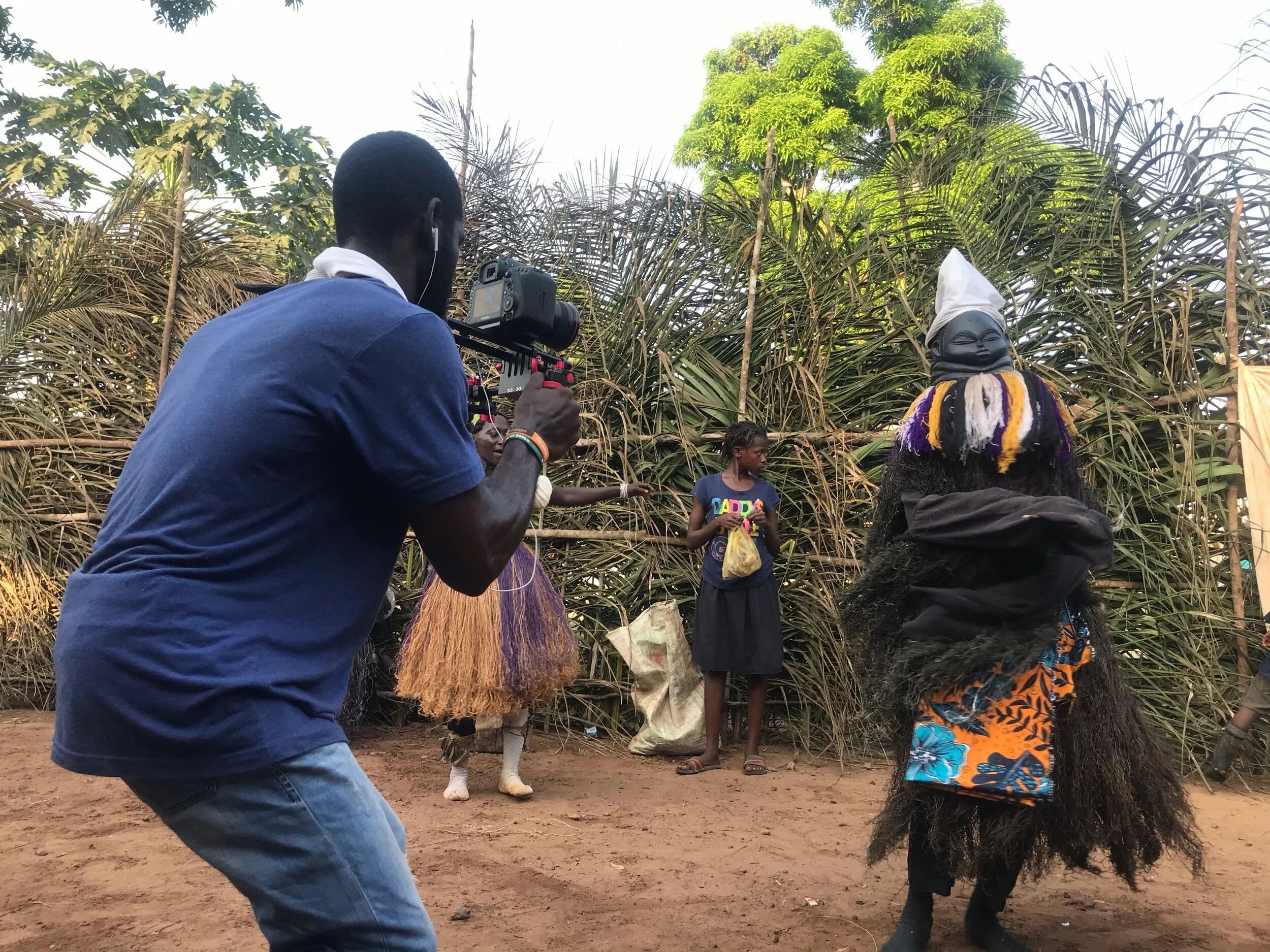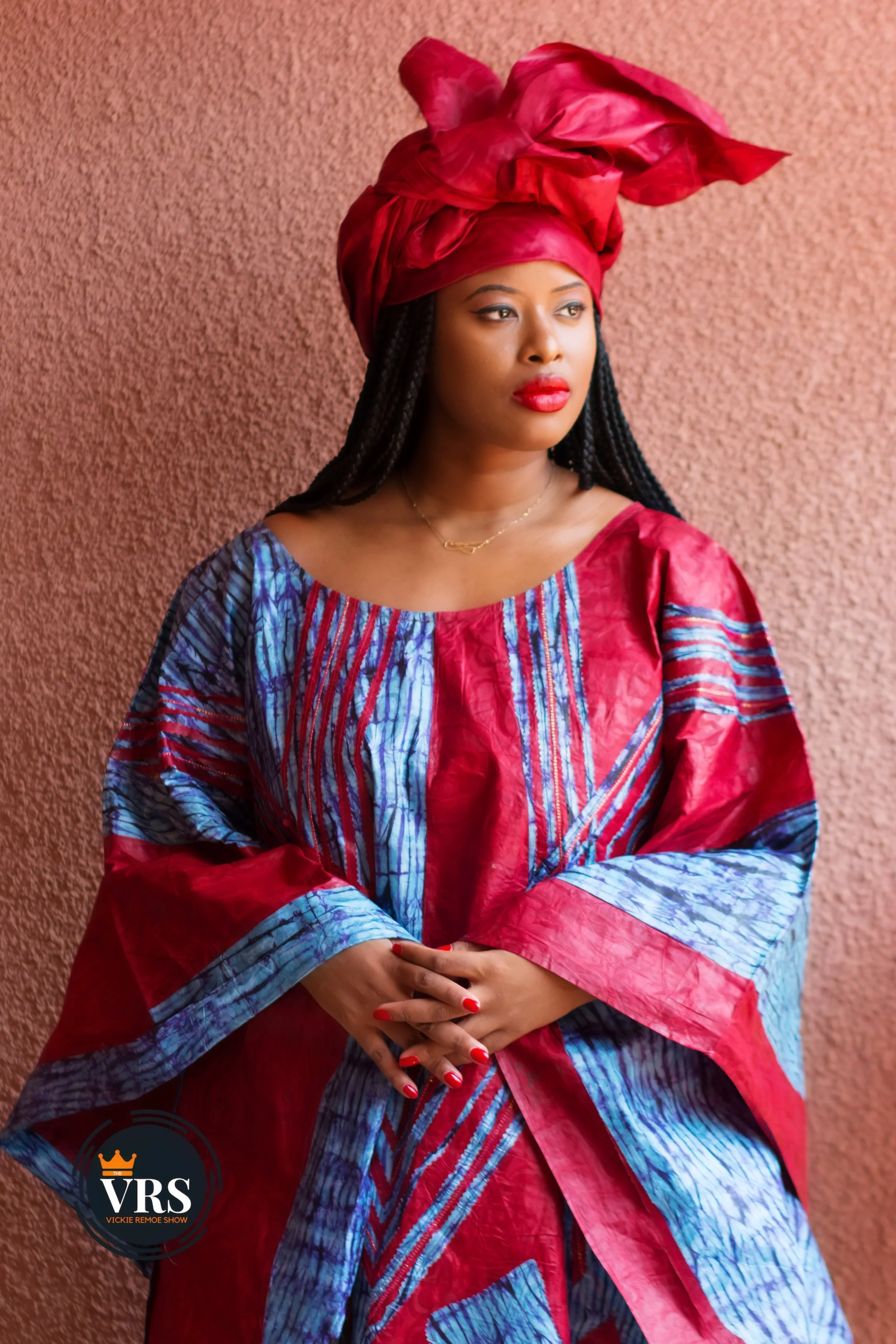What I got wrong about female genital mutilation in Sierra Leone -
A woman can have all or part of her clitoris removed and not be a victim of female genital mutilation. This is what some women from Sierra Leone who joined Bondo have been saying for years and we must listen to them.
Their experiences are just as valid as those who say they suffered physical and psychological trauma and pain when they were cut. Not every woman who is cut feels mutilated but those who feel mutilated say circumcision was a violation of their human rights.
While circumcision vs FGM debate wages online and on the world stages at women’s global conferences the fact remains that for Sierra Leone’s children female genital cutting unnecessary gender based violence.
Every girl who comes out of the Bondo bush leaves with the wound from where they are cut. Those who are lucky will heal over the next several days or weeks. However, for some girls like 5-year-old Marie* a patient at the Aberdeen Women’s Centre in Freetown the cut leaves them in long term pain and life-threatening complications.
Two years later the Minister of Gender Sylvia Blyden took a sowei from Sierra Leone as a part of her delegation to the 73rd session of the UN Committee on the Rights of the Child that was held in Geneva in 2016. She said her goal was to condemn cutting of girls under the age of 18 but what that did was spread misinformation.
Since then the Ministry of Gender, Bondo supporters, and leaders in Sierra Leone continue to perpetuate the myth that Sierra Leone has a law that prohibits the female genital cutting of underage girls.
As of today February 6 2020, there is no law in Sierra Leone to protect children against female genital cutting which does lead to FGM. And unless a girl dies during the process nothing happens to those who cut girls like Marie and cause them trauma.
On this day of Zero Tolerance against Female Genital Mutilation we acknowledge that many women who are circumcised in Sierra Leone are proud of their “mark of womanhood” and do not consider themselves FGM victims. However, I would like to remind the government of Sierra Leone that every day that goes by without a law that explicitly makes it illegal to cut girls is another day that lawmakers are being complicit in the traumatization of children.
Sierra Leone says it is committed to human capital development and harnessing the full potential of all citizens by focusing on education, skills, and healthcare. These are the signs of a nation serious about progress and growth. My question is how can a girl reach her full potential if at the age of five her mind and body are traumatized by female genital cutting?
How many days of school will she miss? How many girls are in school right now but can’t learn or sit still because of their wounds-both mental and physical? How many more girls need to end up in a hospital-like Marie* fighting for their lives before the government takes action?
How many more?
Read Marie’s full Story via Aberdeen Women’s Centre
“Marie* was enjoying her Christmas holidays staying with her Grandmother in the provinces. Her Grandmother decided it was time for Marie to participate in Bondo. The Grandmother did not ask Marie’s mother’s consent but went ahead and cut off her clitoris.
Marie started to bleed profusely and the Grandmother took a mixture of local herbs and put them directly on the wound. She then tied a piece of cloth around the wound, to stop her bleeding. These actions ultimately caused an infection, with some blood escaping to Marie’s urethra. This blockage of the urethra resulted in extreme pain for Marie when she urinates, as the canal is too small to release the urine.
For a few days, the Grandmother believing the girl would heal on her own left Marie without medical care. When things worsened Marie was taken to a local hospital, who then referred her to the Aberdeen Women’s Centre (AWC) in Freetown, where she was reunited with her mother.
On arrival, Marie was so ill the attending doctor thought she would die and her mother believed she would not make it through the night. Marie was suffering from sepsis and tetanus caused by the infected urethra. Her body was extremely stiff and was in spasms. Marie had to be put in a separate ward, was immediately put on medication and 24/7 monitoring. She could not sit, eat or speak.
It has been three weeks since she was admitted. Marie has regained her movement and speech and can now feed herself. She can often be found playing with the other children admitted at AWC and cuddling her toy cat, which was given to her upon arrival. Marie still has extreme pain when urinating and is extremely traumatized by her ordeal.“





